
October 15,2025
admin
In today’s business environment, office spaces are not just places for employees to work but also key showcases of corporate culture and brand image. As a result, more and more businesses are opting for customized commercial furniture to meet their unique functional needs and design preferences. However, the variations in space size, functional requirements, and budget constraints between companies pose significant challenges for furniture manufacturers. This article explores how commercial furniture manufacturers tackle these challenges through innovative design, flexible production, and customer-focused service.
Every business office space is unique, making it difficult for “one-size-fits-all” furniture to meet diverse needs. Manufacturers need to adopt flexible design approaches to create tailored furniture solutions that align with the characteristics of the space.
Accurate Space Measurement and Planning
The first step in providing customization services is understanding the spatial features of the client’s office, including room dimensions, layout, and the division of functional areas. Manufacturers often deploy professional space design teams for on-site measurements and use 3D rendering tools to help clients visualize the furniture placement.
Modular Design Philosophy
Modular furniture designs allow for customization based on varying space sizes and functional needs. For instance, conference tables can be designed with expandable modules, and office desks can include additional storage drawers or partitions. This flexibility helps manufacturers strike a balance between standardized production and personalized requirements.
Multi-Functional Furniture Design
For small or multi-functional spaces, manufacturers need to develop designs that serve multiple purposes. Examples include office sofas with hidden storage compartments or foldable, movable conference tables that save space while accommodating diverse uses.
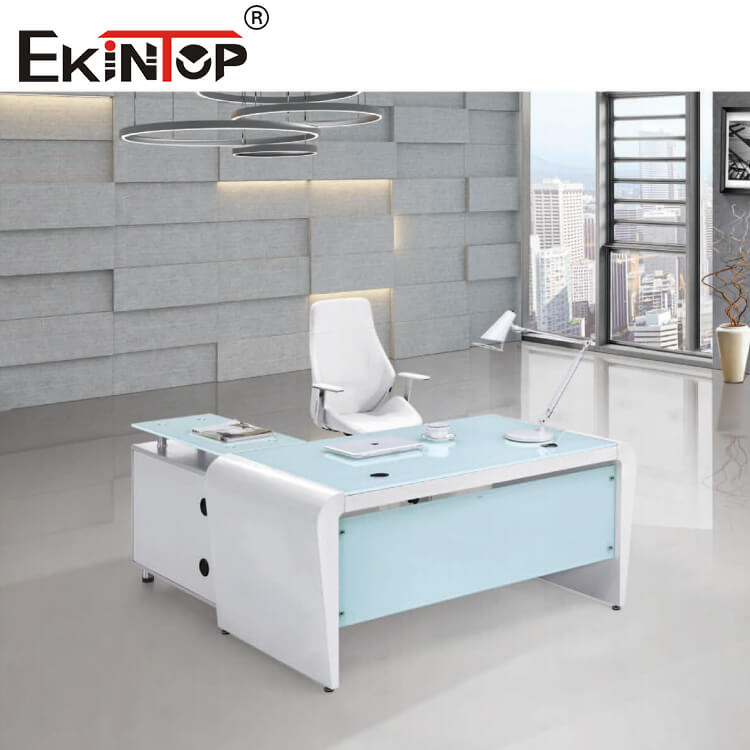
A company’s industry, brand image, and cultural atmosphere heavily influence the style of furniture it needs. Manufacturers must possess the capability to meet varied aesthetic and design demands.
Diverse Material Choices
Manufacturers typically offer a variety of material options, such as solid wood, metal, glass, and leather, to suit different style preferences. For example, technology companies may prefer modern minimalist furniture made of glass and metal, while law firms might favor traditional, solid wood pieces.
Colors and Customization Details
To align with a company’s visual identity (VI), furniture colors, textures, and decorative details must match the corporate culture. Manufacturers can provide a wide range of color options and even support branding by incorporating logos or custom design elements into the furniture.
Support from Versatile Design Teams
Manufacturers often employ cross-disciplinary design teams capable of providing tailored suggestions for various styles, from traditional and modern to industrial or Scandinavian, ensuring the furniture is both practical and visually appealing.
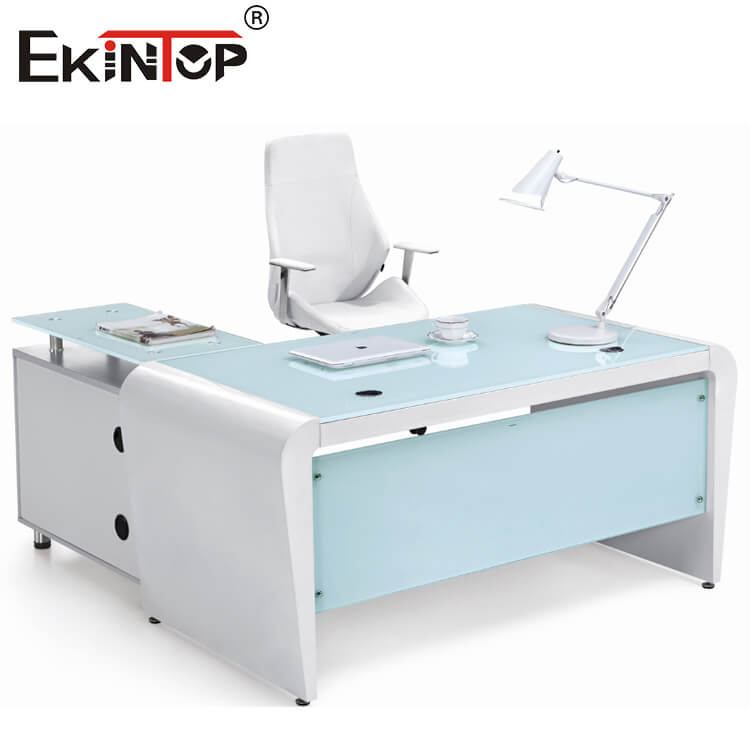
With the rise of smart offices, modern commercial furniture needs to incorporate more technological features to meet demands for efficiency and automation.
Development of Smart Furniture
Manufacturers can integrate features such as wireless charging, height-adjustable desks, and multimedia interfaces into furniture designs to enhance office efficiency. For example, conference tables can include built-in display ports and hidden cable management systems to minimize clutter.
Ergonomic Designs
To improve employee comfort, manufacturers must prioritize ergonomic features in furniture. Office chairs, for instance, should provide lumbar support, while workstations should have adjustable heights to accommodate different user needs.
Balancing Durability and Sustainability
For commercial furniture subjected to heavy usage, durability is a critical factor. Manufacturers need to use high-quality materials while adopting eco-friendly practices, such as low-formaldehyde or recyclable materials, to meet dual demands for health and sustainability.
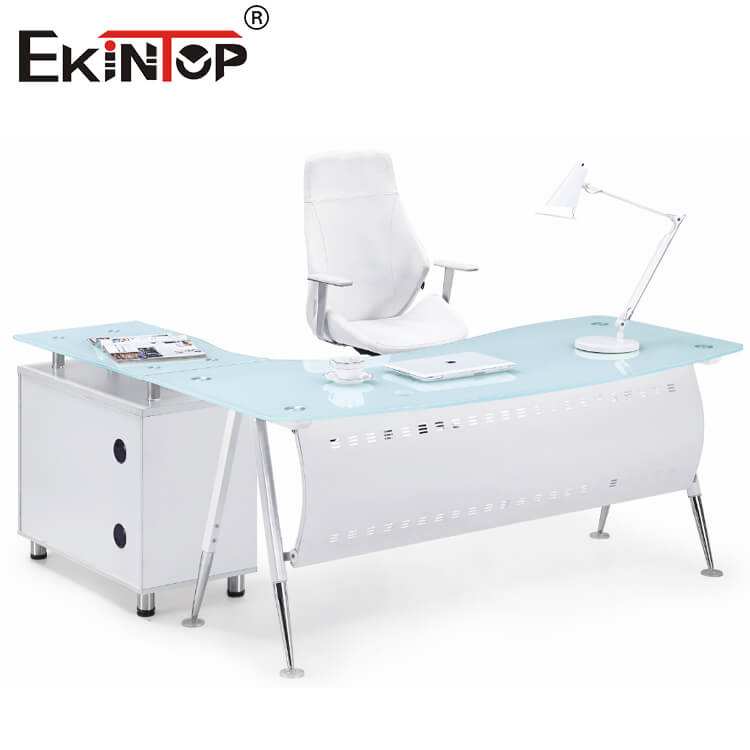
In the production of customized furniture, one of the main challenges manufacturers face is how to meet personalized needs while maintaining efficient production and reasonable costs.
Advanced Production Technologies
By adopting automation and digital manufacturing technologies, manufacturers can achieve precision and fast delivery. For example, CNC (computer numerical control) machines significantly improve processing accuracy and reduce material waste.
Flexible Small-Batch Production
To cater to the needs of small and medium-sized enterprises with smaller order volumes, manufacturers can implement flexible production systems. This approach not only shortens production cycles but also prevents excessive inventory accumulation.
Streamlined Supply Chain Management
Partnering with reliable material suppliers and optimizing logistics processes can help manufacturers reduce production costs further, offering clients more competitive pricing.
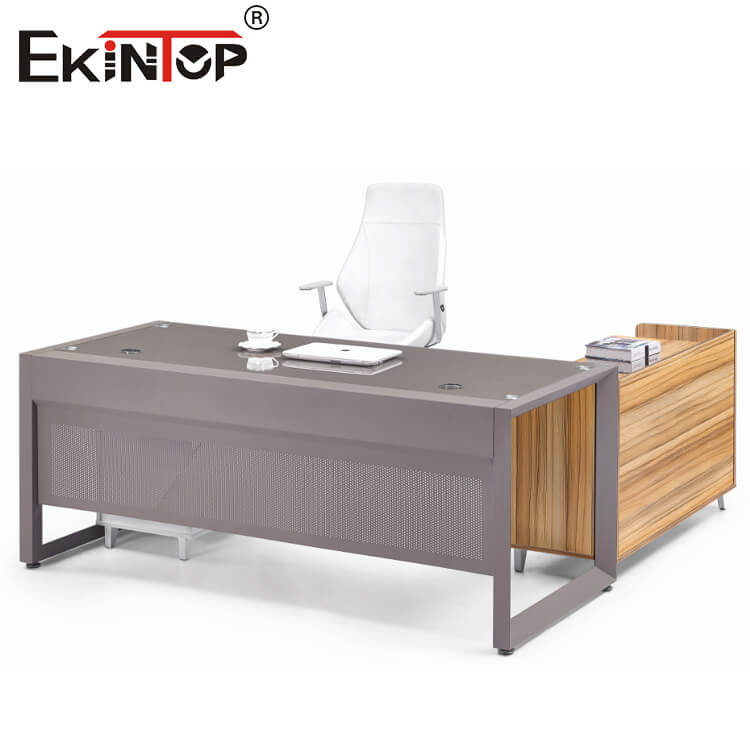
Furniture manufacturers are not just product suppliers—they are also partners in creating office space solutions. Delivering excellent service allows manufacturers to build long-term relationships with their clients.
End-to-End Service
Manufacturers should offer one-stop solutions, including consultation, design, production, delivery, and installation, ensuring clients experience professionalism and convenience throughout the process.
Regular Maintenance and After-Sales Support
After-sales service is crucial to gaining customer trust. Manufacturers can offer regular maintenance and repair services to ensure furniture remains in excellent condition over the long term.
Continuous Improvement Through Feedback
Manufacturers should communicate regularly with clients to gather feedback on furniture usage and new needs. This feedback helps improve designs and production processes for future projects.
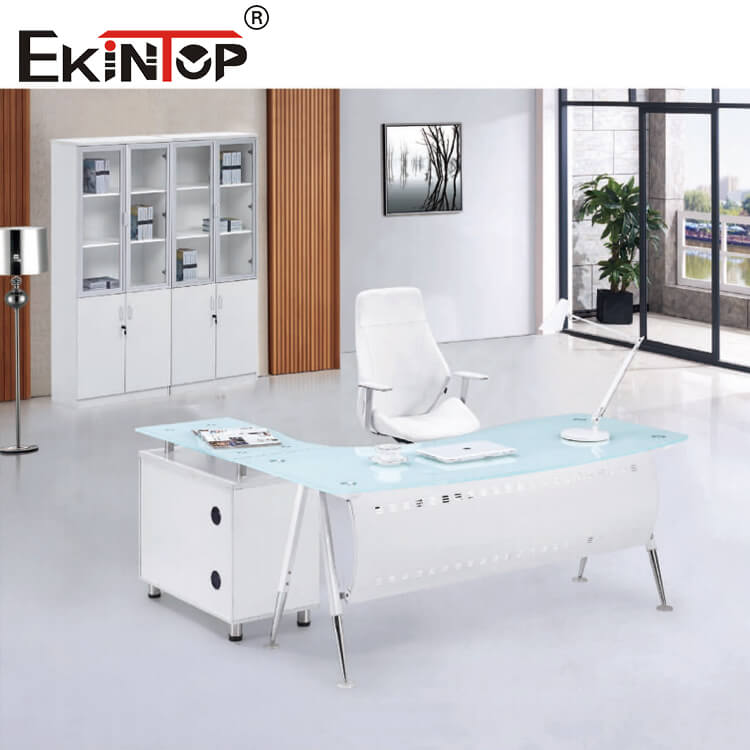
In an era of increasingly diverse and personalized office needs, commercial furniture manufacturers address customization challenges by combining flexible design, multi-functional integration, efficient production, and excellent service. This not only enhances the office experience for corporate clients but also opens new opportunities for manufacturers.
If you’re looking for a professional furniture manufacturer capable of meeting various space requirements, our team is here to provide the highest-quality customized solutions, helping your business create the ideal office environment! Choose Ekintop Furniture, and we’ll deliver the best solutions tailored to your needs.

